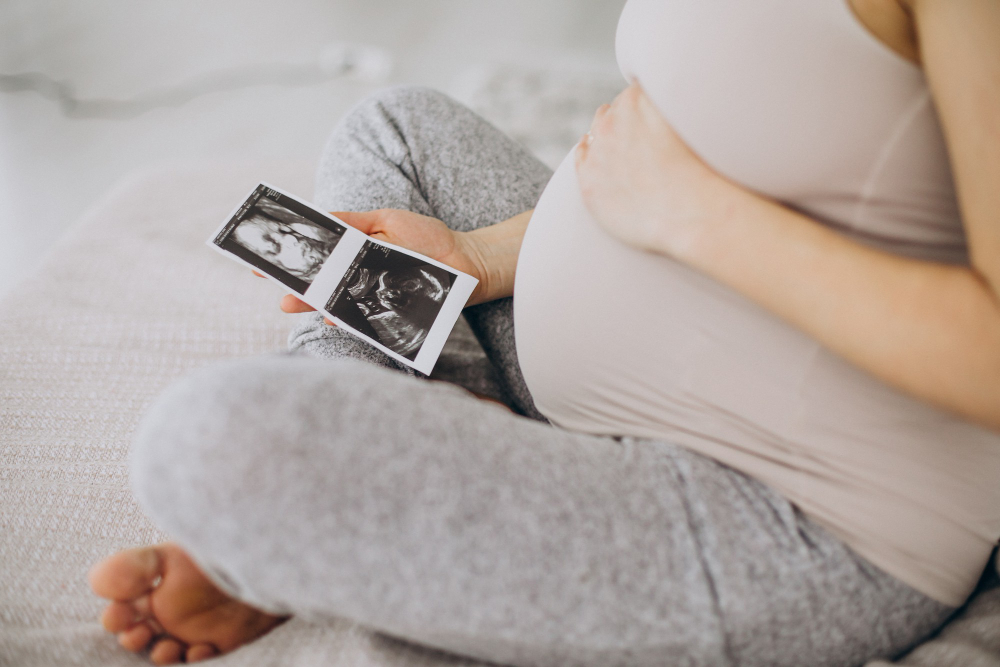It is not uncommon for pregnant women to have low blood pressure. This is because the blood circulation is disturbed and hormonal changes cause the blood vessels to dilate, leading to a drop in blood pressure.
Changes that occur in your body during pregnancy can affect your blood pressure. The lowest blood pressure level in pregnancy is in the middle of the second trimester. The drop in blood pressure is associated with an increase in progesterone, a hormone that has the function of ensuring a good pregnancy. Moreover, in nine months there is a rapid passage of blood between the arteries and veins of the uterus, due to the increased blood flow to the placenta. This causes a sharp drop in blood pressure. The normal value of blood pressure is 120-80 mmHg, but in pregnancy, it can be further reduced, and the values fall below 90-60 mmHg. Other factors that can contribute to low blood pressure include dehydration, anemia, internal bleeding, prolonged bed rest, certain medications, heart disease, endocrine disorders, kidney disorders, infections, nutritional deficiencies, allergic reactions.
Symptoms of low blood pressure in pregnancy:
- Dizziness and paleness.
Your eyesight may be weak if you get up suddenly
Lowering blood pressure in pregnancy can cause kidney problems and heart attacks.
Pregnant women should definitely check with a specialist if this problem is accompanied by other distressing symptoms such as:
- Review
Bleeding
Severe headaches
Changes in vision
Chest pain
Fatigue
Numbness, especially on one side of the body.
For more information call our specialist. – Dr. Gordana Kiproska




















